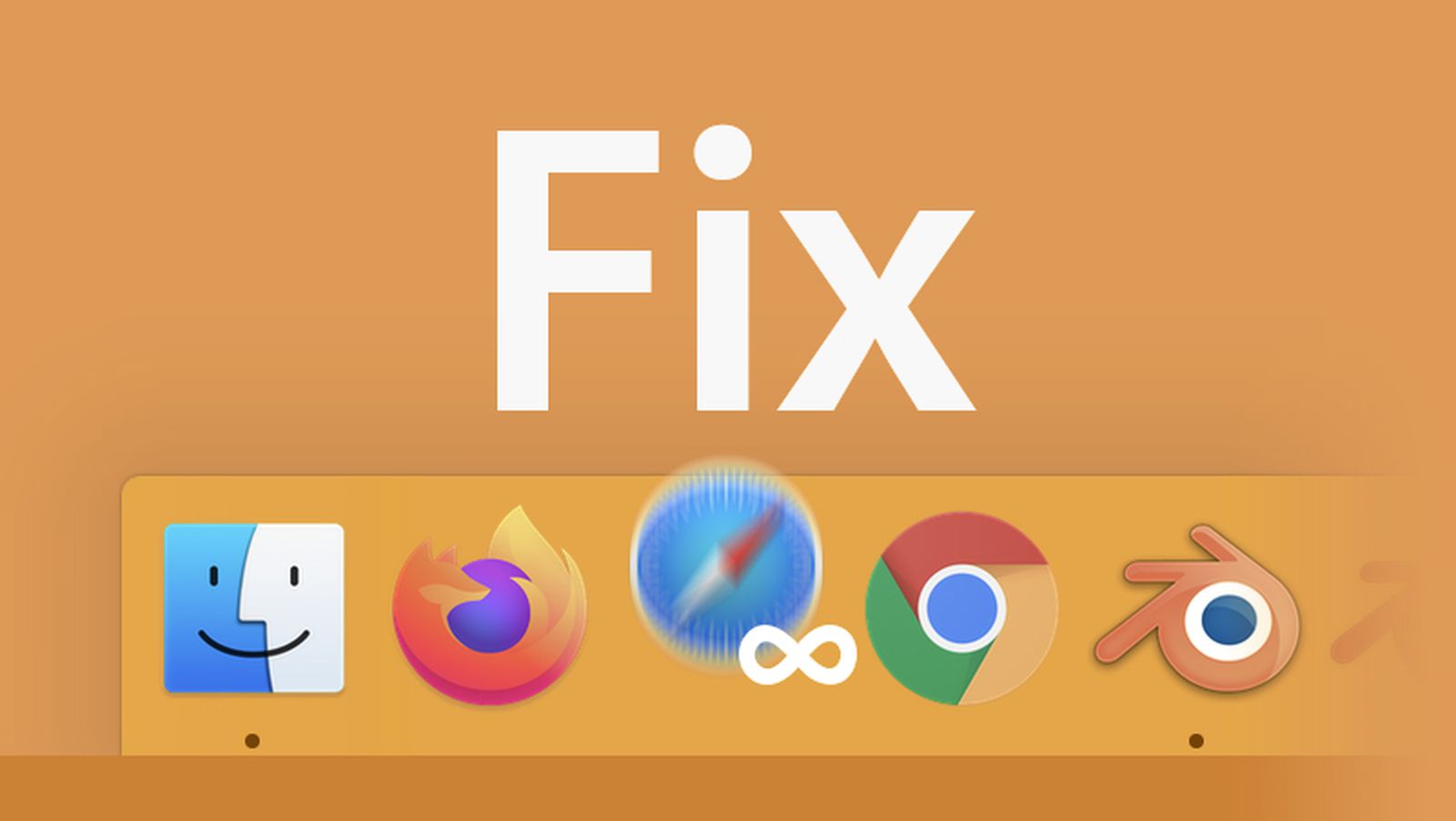The main observation there was that each app needs to phone Apple server when you open them on your Mac. Bad news is that the option to block that call is gone on Big Sur re: https://sneak.berlin/20201112/your-computer-isnt-yours/. TLDR: the daemon responsible for that has been added to an exclusion list and cannot be filtered by Little Snitch anymore.
I am not sure what the argument there is for Apple to collect all these information without an option for users to opt out, yet calling themselves a guardian of user privacy. If they are doing it on macOS I won't doubt it if somebody tells me iPhones are doing the same thing. Thus, Apple knows where you are, what IP address you have, and what apps you are using (the call sends a hash of the program, but it isn't hard for someone to hash all common programs and cross reference), all the time. And not just Apple, but ISPs and Akamai et al who can see this phoning home call that goes unencrypted.
Granted, I subconsciously hold Apple at a higher standard since they are front and foremost a hardware company that sells electronic devices, unlike Google or Facebook who sell user information. This still puts me at unease. Wondering what other Mac users think of this change.
I am not sure what the argument there is for Apple to collect all these information without an option for users to opt out, yet calling themselves a guardian of user privacy. If they are doing it on macOS I won't doubt it if somebody tells me iPhones are doing the same thing. Thus, Apple knows where you are, what IP address you have, and what apps you are using (the call sends a hash of the program, but it isn't hard for someone to hash all common programs and cross reference), all the time. And not just Apple, but ISPs and Akamai et al who can see this phoning home call that goes unencrypted.
Granted, I subconsciously hold Apple at a higher standard since they are front and foremost a hardware company that sells electronic devices, unlike Google or Facebook who sell user information. This still puts me at unease. Wondering what other Mac users think of this change.



